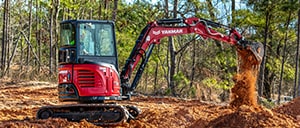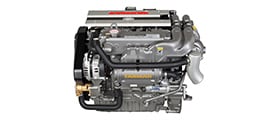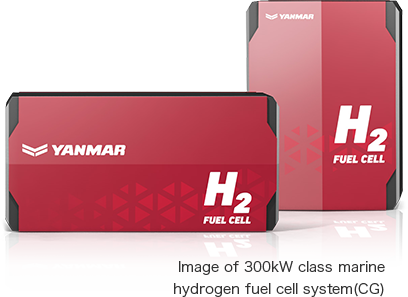Air pollutants and GHG emissions from ships.
In the maritime sector, the International Maritime Organization adopted a GHG reduction strategy in 2018, aiming to achieve zero emissions from international marine transportation as early as possible this century, as well as to improve emissions per unit of transport by at least 40% by 2030 and reduce total GHG emissions by at least 50% by 2050, both compared to 2008 levels. Recently, there have been discussions about moving up the schedule. At the same time, there are movements towards reducing NOX emissions in urban areas, environmentally protected areas, and large ports especially in Europe and the U.S. Unlike internal combustion engines, hydrogen fuel cells emit only water and do not emit any greenhouse gases such as carbon dioxide (CO2) or air pollutants such as nitrogen oxides (NOX)… On the other hand, it is necessary to develop new technology to comply with the operating environment and safety regulations of ships. In addition, to commercialize the technology, it is necessary to consider hydrogen refueling methods.
Benefits of "Hydrogen" as a Next-generation Energy
- Abundant on earth.
- It can be produced from water and electricity generated by renewable energy sources such as solar, wind, or geothermal.
- There are no CO2 emissions at the time of usage.


























